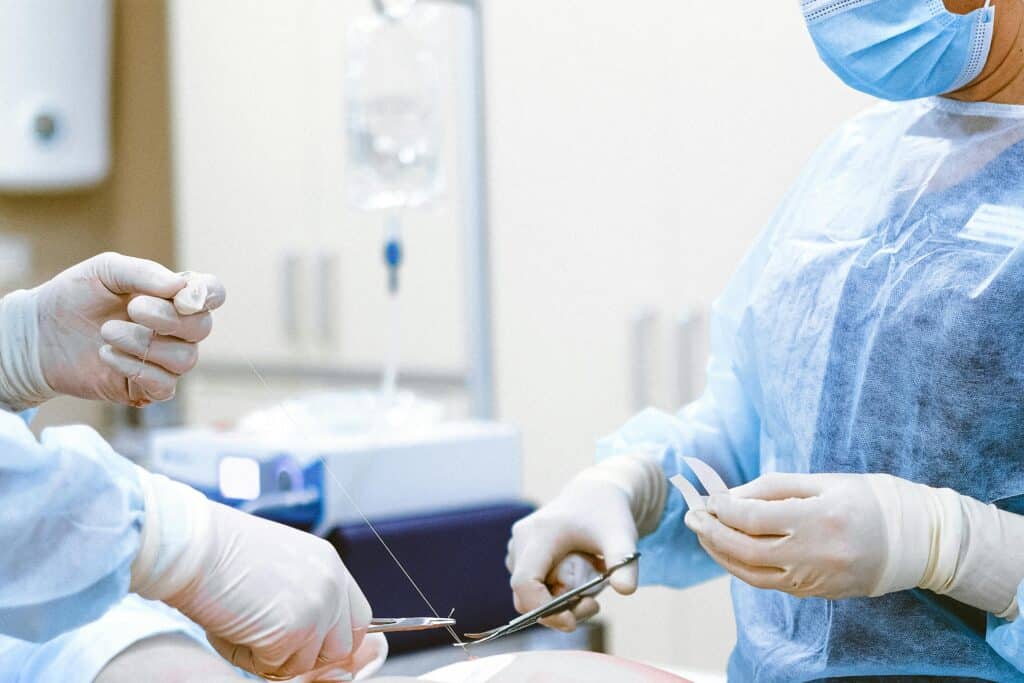QUETTA: In a landmark decision to resolve long-standing grievances and boost the healthcare system, the Balochistan government has simultaneously promoted 1,269 doctors to their next grades. Provincial Health Minister Bakht Muhammad Kakar announced the move, hailing it as a historic step that addresses promotion cases pending for years.
The mass promotion was executed under a Special Departmental Promotion Board, convened on the directives of Chief Minister Mir Sarfraz Bugti and chaired by the Chief Secretary of Balochistan. To ensure a fair and transparent process and to expedite the long-overdue promotions, the board relaxed the Annual Confidential Report (ACR) criteria.
“This initiative not only uplifts the morale of our medical professionals but also opens the door for fresh recruitment, which is essential for strengthening healthcare delivery across the province,” said Minister Kakar. He confirmed that the recruitment process for the newly vacated positions will begin promptly, a move expected to alleviate the shortage of medical staff in remote and underserved areas.
The promotions were granted across various cadres:
-
Teaching Cadre: 48 doctors were promoted to Grade 20, 58 to Grade 19, and 41 to Grade 18.
-
General Cadre: 627 Medical Officers became Senior Medical Officers, and 150 Lady Medical Officers were promoted to Senior Lady Medical Officers.
-
Dental Cadre: 37 Dental Surgeons were elevated to Senior Dental Surgeons.
-
Chief Medical Officers: 134 doctors were promoted to this position.
Minister Kakar also stated that nurses in the Health Department have received promotions. He emphasized that this decision reflects Chief Minister Bugti’s reform-driven vision and the government’s commitment to delivering a transparent, efficient, and people-centric healthcare system to the citizens of Balochistan.
Also read;No female doctors in 22 of Balochistan’s 36 districts
According to report published in the local media outlet, it claimed that only 14 districts in the Balochistan have gynecologists, while the rest of the districts lack this essential service in the hospitals.
Official in the Health Department disclosed that although records show female doctors posted in certain areas, many are absent from their assigned hospitals. Most prefer postings in urban centers like Quetta, leaving rural women to treat their own wounds and illnesses without professional care.
According to the figure obtained from the health department, it revealed that out of 980 female doctors in Balochistan, 739 are stationed in Quetta alone. Remote districts such as Chagai and Dera Bugti have none at all, while Barkhan, Awaran, and Usta Muhammad have just one each. In 11 districts, the number of female doctors is fewer than 10.
The Health Department maintains that four major maternal and child health programs are underway, now being merged under a “one-window operation.” But critics ask: what good are programs when hospitals are empty?
Authorities also claim that 1,600 community midwives have been provided workstations, but problems like lack of security, facilities, and housing remain unaddressed — replaced instead by press statements.





